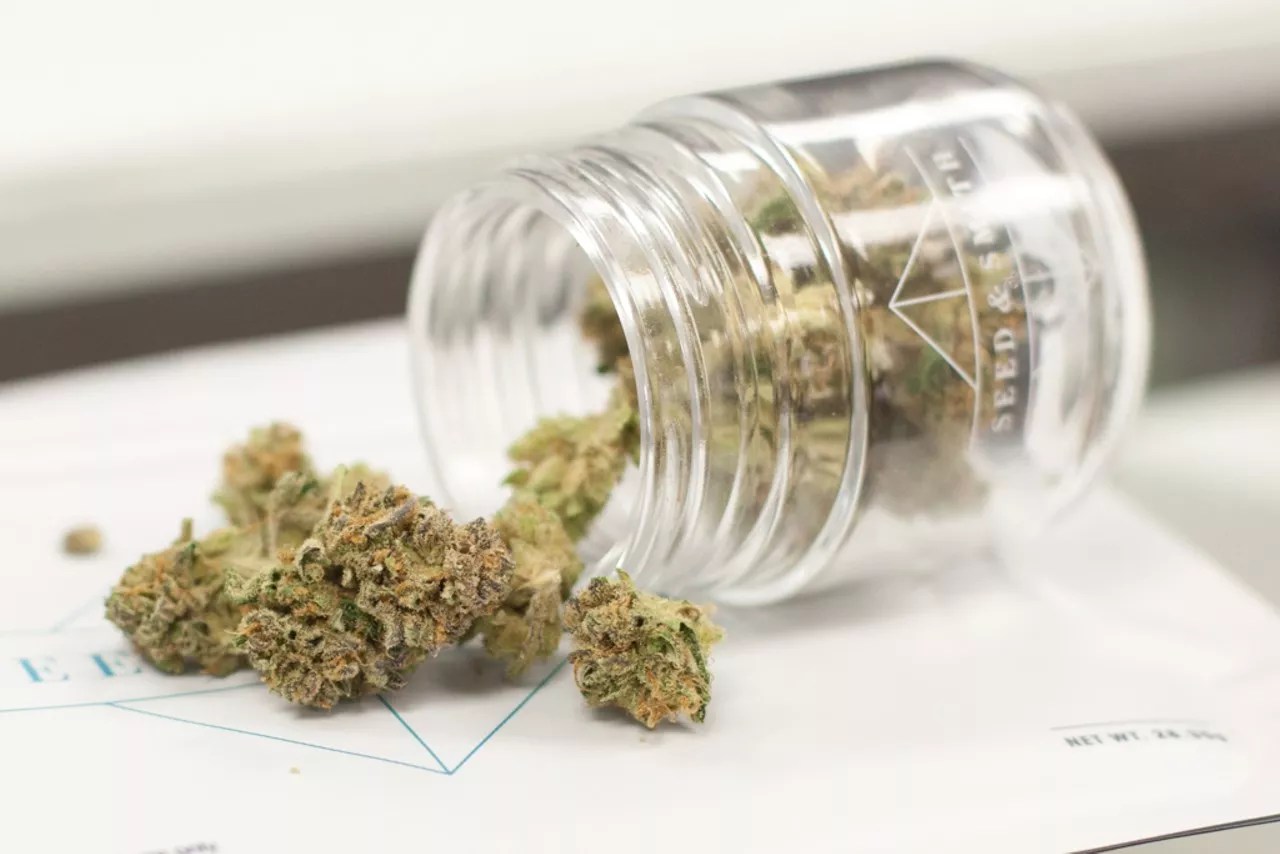
Jacqueline Collins

Audio By Carbonatix
An effort to double the recreational marijuana sales limit in Colorado failed to get through the state legislature this year, but a handful of cannabis business licensing rules will likely be streamlined anyway. House Bill 25-1209
The samples provision was taken out of the bill during the first hearing before the House Finance Committee, although the purchasing equivalency remained. However, House members eventually amended that language, too, and lawmakers didn’t add the purchasing equivalency back into HB 1209 as the bill made its way through the Senate (where one senator from Weld County told an odd, unsubstantiated story before the final floor vote about toddlers showing up to pre-school with backpacks full of weed).
The argument behind raising the dispensary sales limit was largely based on Colorado’s possession limit for recreational pot, which is two ounces – a move approved by the legislature in 2021. After four years, proponents were hopeful that lawmakers would be willing to match the daily sales limit at Colorado pot shops, but passing the House floor proved much tougher than persuading a committee of just over a dozen.
Will you step up to support Westword this year?
At Westword, we’re small and scrappy — and we make the most of every dollar from our supporters. Right now, we’re $23,000 away from reaching our December 31 goal of $50,000. If you’ve ever learned something new, stayed informed, or felt more connected because of Westword, now’s the time to give back.
Chuck Smith, president of marijuana trade group Colorado Leads, says language legalizing customer samples and raising the daily sales limit had to be removed in order to appease House members. He calls the amendments a “reasonable sacrifice” to pass the bill, which now largely focuses on business operations and worker registration.
According to Smith, many of the Marijuana Enforcement Division’s business requirements had become outdated and unnecessary since Colorado became the first state to legalize recreational pot in 2012.
“This legislation offers meaningful regulatory relief to licensed cannabis businesses across the state by eliminating outdated and duplicative requirements that no longer serve a clear public interest. It also provides significant savings and efficiencies for state regulators so they can focus more time and resources on youth access prevention and product safety,” Smith says in a statement.
At least 35 different sets of operational records involving product advertising, medical patients, pesticides, security, taxes, testing, waste logs and more must be kept by marijuana businesses, according to Colorado Leads. If Governor Jared Polis signs HB 1209 as expected, that number will be closer to a dozen, although much of the same information, including pesticide and safety records, would still be tracked.
Under the approved bill, video surveillance requirements will also be rolled back at marijuana businesses, and employees who don’t have ownership stakes will no longer have to provide fingerprints when registering as marijuana workers, although they will have to pass background checks. Worker ID badges will no longer have to be worn on the job, either, and will be replaced by digital ID cards on smartphones.
The final bill also allows medical and recreational marijuana businesses to produce samples for research and development purposes; there are restrictions on the amount of R&D products a licensee can hand out and to whom. Under HB1209, marijuana product manufacturers will be allowed to make non-infused versions of their products for R&D purposes as well.
This article was updated to correct an error stating that House Bill 25-1209 ended a requirement for non-owning employees to renew their registration every two years. That requirement is still in place, according to the Marijuana Enforcement Division.